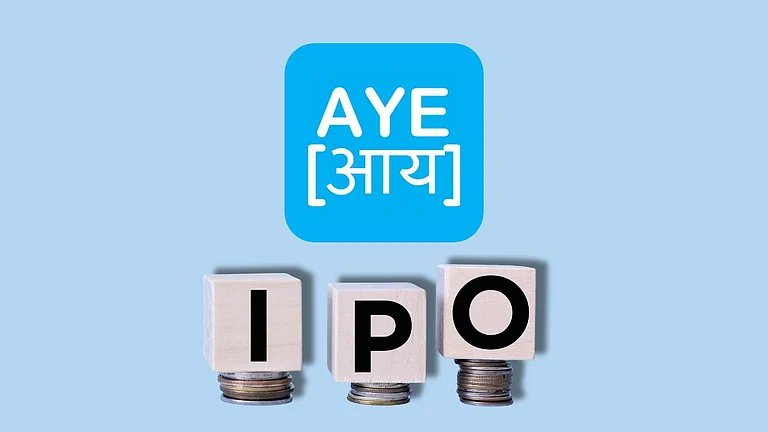The income tax department is asking people through Twitter to file their income tax returns (ITRs) before the due date, i.e., is July 31, 2023, for the financial year 2022-23.
Under the income-tax Act, 1961, any person with an income more than the exempted limit has to file an ITR.
It is important to file an income tax return even if your income is less than the threshold limit for taxability. There are certain benefits one can enjoy if the ITR is filed regularly every year despite having a below-taxable income.
Let us see what these benefits are and what will happen if you do not file your income tax return, or, file it late.
BENEFITS OF FILING TAX RETURNS
Here are the benefits of filing income tax return
Access To Loan Facilities: Many lenders ask for income tax returns of the past few years before sanctioning a loan. In case, you have not been filing your ITR regularly, this may create unnecessary hassles in getting the loan. The lenders ask for an ITR to determine the borrower’s income and repayment capacity.
Refund of Tax Deducted At Source (TDS): If tax has been deducted in the form of TDS from your salary or fixed deposits, you can claim the refund only by filing an ITR. It is not possible to claim refunds without filing an ITR.
Visa Application: While applying for Visa, a regular ITR filing practice will prove extremely beneficial. If you want to go abroad, authorities ask for various documents, including ITR. If you have been filing your ITR, it would smoothen your Visa application process and increase the chances of approval. Missing your ITR could, in fact, hinder your chances of getting Visa.
DRAWBACK OF NOT FILING, OR LATE FILING OF ITR
Carry Forward Of Loss: Under income tax rules, any capital loss cannot be carried forward to the next year if it is not reported in the ITR. For instance, if an individual has no income in a financial year, whereas there is some capital loss from shares, one should report it in the ITR. Failing to do so would mean the loss cannot be carried forward to the next year for set-off.
Besides this, the last date of filing the ITR is also important, and one should not ignore it. A late ITR filing attracts interest as well as a late fee under sections 234 A, and 234 F of the Income-tax Act, 1961.
Interest And Fee Of Late Filing: Under Section 234 A, interest is levied on the person for the delayed period after the due date at the rate of 1 per cent simple interest per month or the part of the month.
Under Section 234 F, there will be a fee of Rs 5,000 for defaulting in the timely filing of ITR. However, if the total income of a person is not more than Rs 5 Lakh, the late fee will not exceed Rs 1,000.













